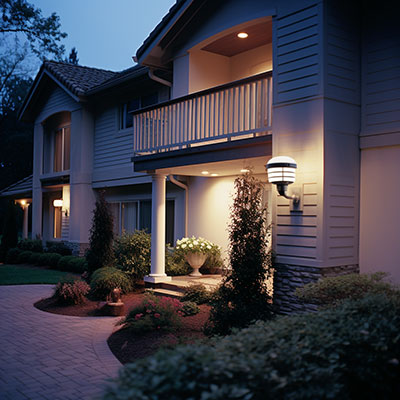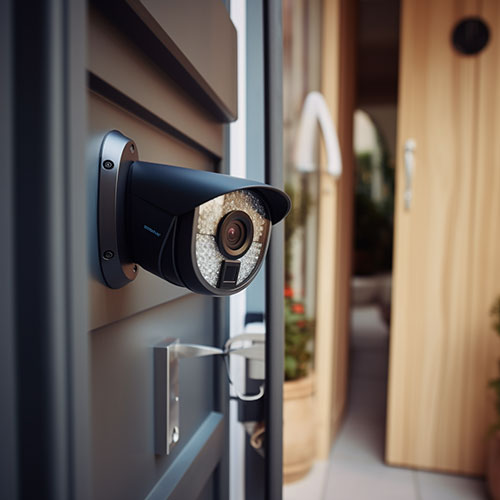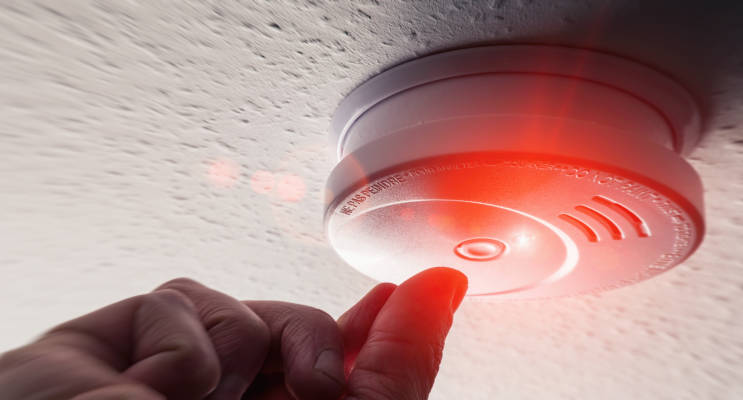KEY TAKEAWAYS
Keep your Home and Family Secure
Comprehensive guides on home security, empowering homeowners with knowledge and insights needed to secure their home and loved ones.
Our Topics
Security is an essential life aspect that every person must think about — from our homes, businesses, electronics, and most especially, our bodies.
For maximum road safety and incident detection, dash cams are continuously one of the most practical car accessories to invest in. When parking your car …
With the rising cost of goods and the economic impact of the recent pandemic, many states experienced an increase in criminal activity these past years.
When electroshock weapons, such as the Taser International X26, were first introduced to police departments across the country in the early 2000s, they were heralded as a breakthrough in policing and law enforcement.
Whether you are at home or miles away, ADT Alarms provide peace of mind. Whenever a door is opened, The chime feature on an ADT starts creating a sound. This makes sure that if you are at home, you hear a get alarmed whenever someone opens your door.
Must Read
Access safety and security resources that cater to your neighborhood's needs.
Our goal is to keep you safe at home and in your community. To achieve this, we have curated a collection of local and statewide resources. With these resources, you will know exactly where to seek help should any unforeseen events occur.









